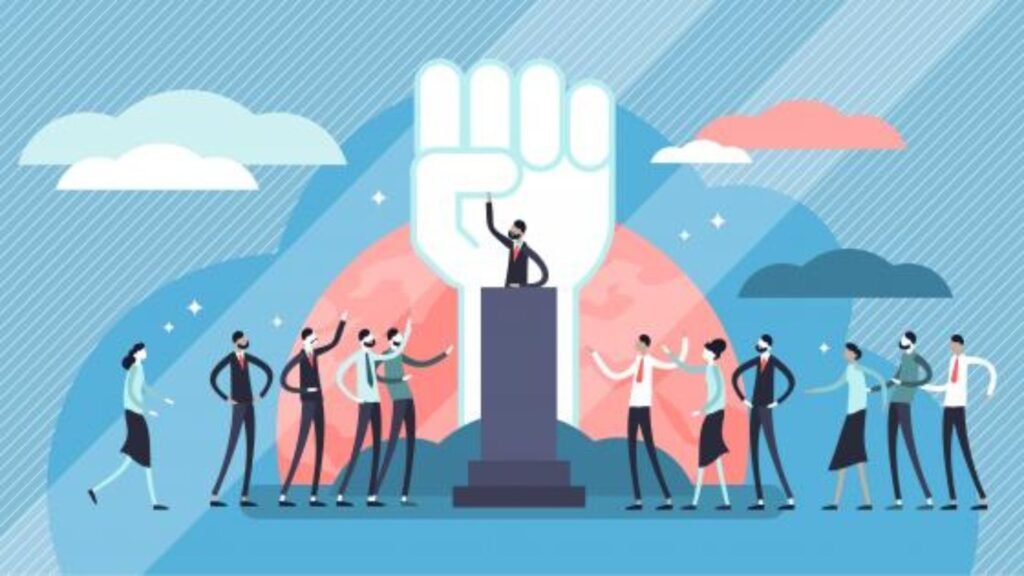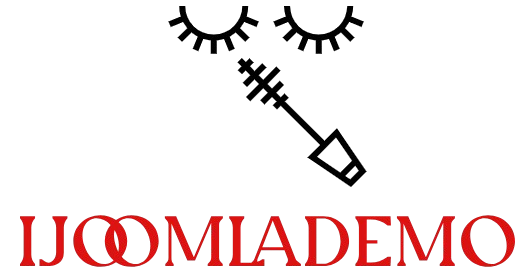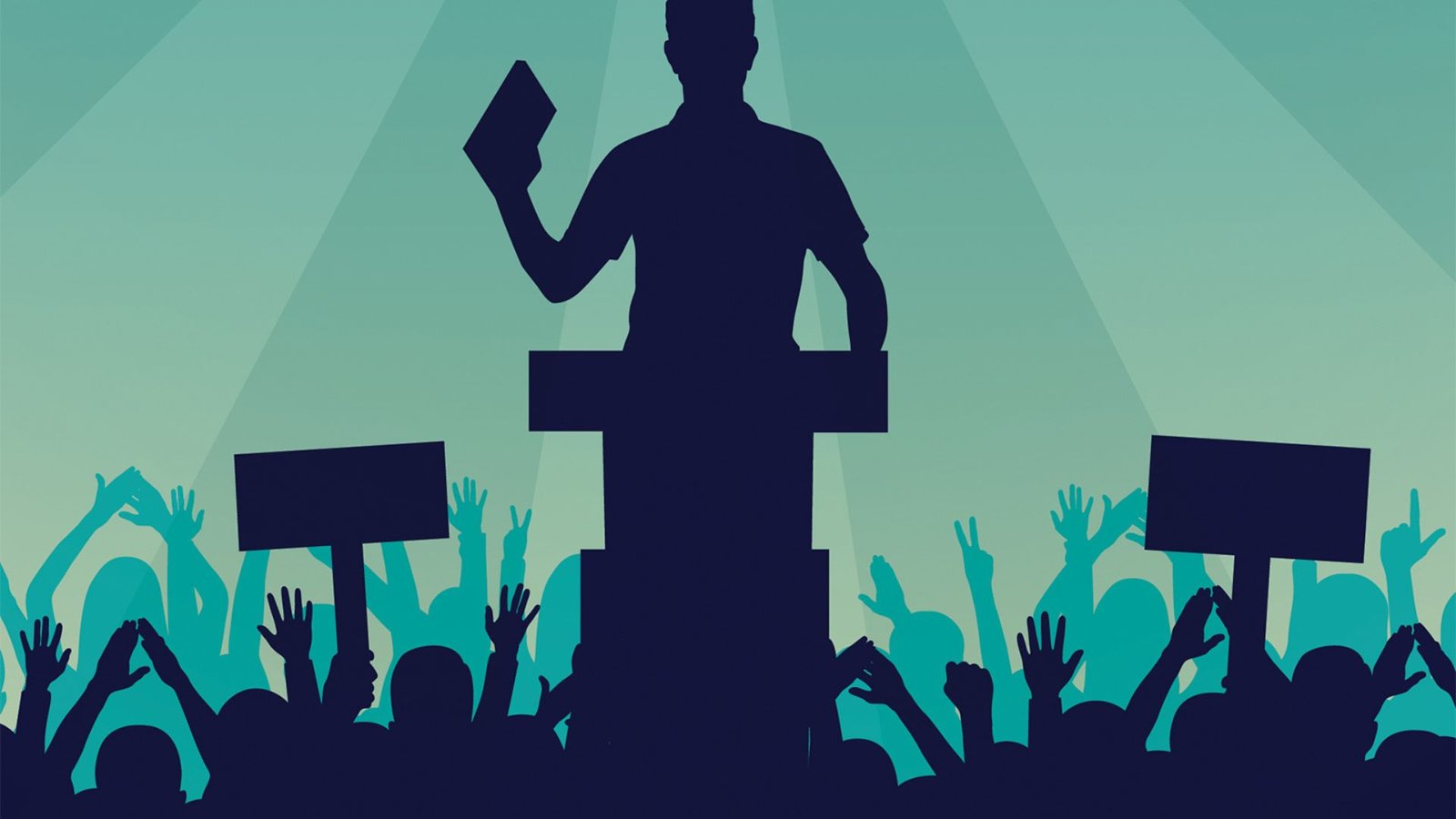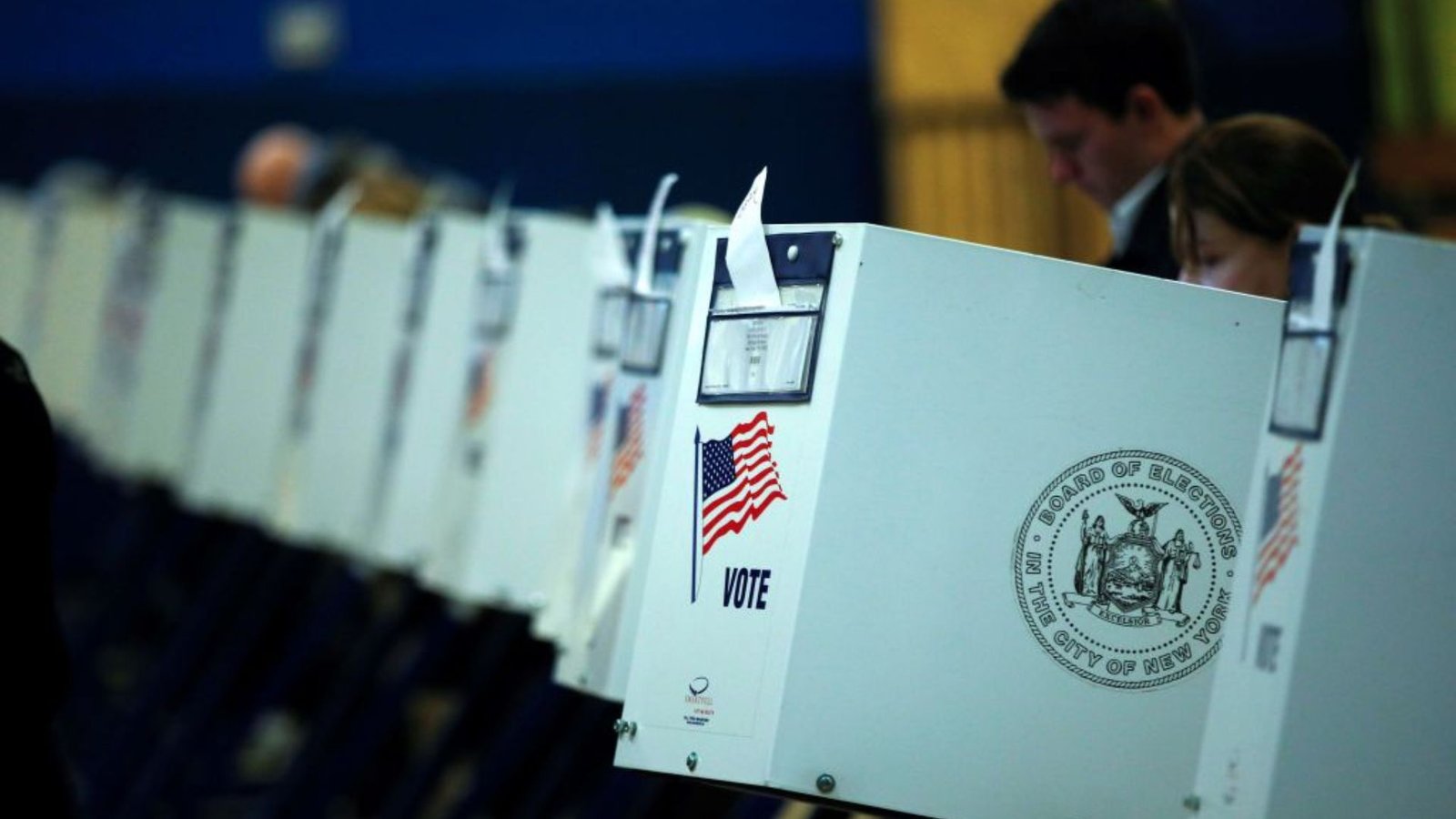Political decisions have profound effects on the economy, influencing everything from taxation and regulation to public spending and economic stability. Understanding these impacts can help you grasp how government policies shape economic conditions and your personal financial well-being. Here’s an overview of how political decisions affect the economy.

Taxation and Public Revenue
One of the most direct ways political decisions impact the economy is through taxation. Governments decide how much to tax individuals and businesses, which affects public revenue and economic behavior. For instance, changes in income tax rates can influence disposable income, consumer spending, and savings.
Higher taxes on individuals may reduce their spending power, potentially slowing down economic growth. Conversely, lower taxes can stimulate spending and investment but may lead to budget deficits if not balanced by reduced spending. Similarly, corporate tax policies impact business investments and decisions, influencing overall economic activity.
Regulation and Business Environment
Political decisions on regulation shape the business environment and economic activity. Regulations can affect various aspects of business operations, including environmental standards, labor laws, and financial practices. For example, stricter environmental regulations may increase operational costs for companies but can also drive innovation in green technologies.
On the other hand, deregulation can reduce compliance costs and stimulate business growth but might also lead to increased risks and economic instability. The balance between regulation and deregulation impacts the overall health of the economy and the stability of business operations.
Public Spending and Infrastructure
Government decisions on public spending and infrastructure investment play a crucial role in shaping economic outcomes. Investments in infrastructure, such as roads, bridges, and public transportation, can boost economic growth by improving efficiency and connectivity.
Increased public spending on social programs, healthcare, and education can enhance quality of life and support economic development. However, high levels of government spending may lead to budget deficits and debt if not managed sustainably. Political choices about where to allocate public funds influence economic growth and societal well-being.
Monetary Policy and Inflation
Political decisions can also impact monetary policy, which affects inflation, interest rates, and overall economic stability. Central banks, influenced by political directives, set interest rates and manage money supply to control inflation and stabilize the economy.
For instance, lowering interest rates can stimulate borrowing and spending, potentially boosting economic activity. Conversely, raising interest rates can help control inflation but may slow down economic growth. Political decisions about monetary policy influence economic conditions and affect how businesses and consumers manage their finances.
Trade Policy and Global Relations
Trade policies and international relations, shaped by political decisions, impact economic growth and global commerce. Policies such as tariffs, trade agreements, and import/export restrictions influence the flow of goods and services between countries.
For example, imposing tariffs on imports can protect domestic industries but may also lead to higher prices for consumers and strained international relations. Conversely, free trade agreements can boost economic growth by expanding market access but may challenge local industries. Political decisions on trade policy affect global economic integration and domestic economic performance.
Labor Market and Employment
Political decisions regarding labor market policies affect employment rates, wages, and working conditions. Minimum wage laws, labor rights regulations, and unemployment benefits are examples of policies that impact the labor market.
Increasing the minimum wage can raise income for low-wage workers but may also lead to higher costs for businesses. Changes in labor laws can influence job security and worker protections. Political choices in labor market policies affect employment dynamics and overall economic stability.
Economic Stability and Crisis Management
Political decisions play a critical role in managing economic stability and responding to crises. Government responses to economic downturns, financial crises, and natural disasters shape the resilience of the economy.
For instance, stimulus packages and emergency funding can provide short-term relief and support recovery during economic downturns. Effective crisis management can mitigate the negative impacts of economic shocks and support long-term stability. Political leadership and decision-making are crucial in navigating economic challenges and maintaining stability.
Conclusion
In summary, political decisions have significant effects on the economy, influencing taxation, regulation, public spending, monetary policy, trade, labor markets, and economic stability. Understanding these impacts helps you grasp how government policies shape economic conditions and your personal financial situation. Political choices in these areas can drive economic growth, manage risks, and address societal needs, ultimately shaping the overall health and functionality of the economy.




